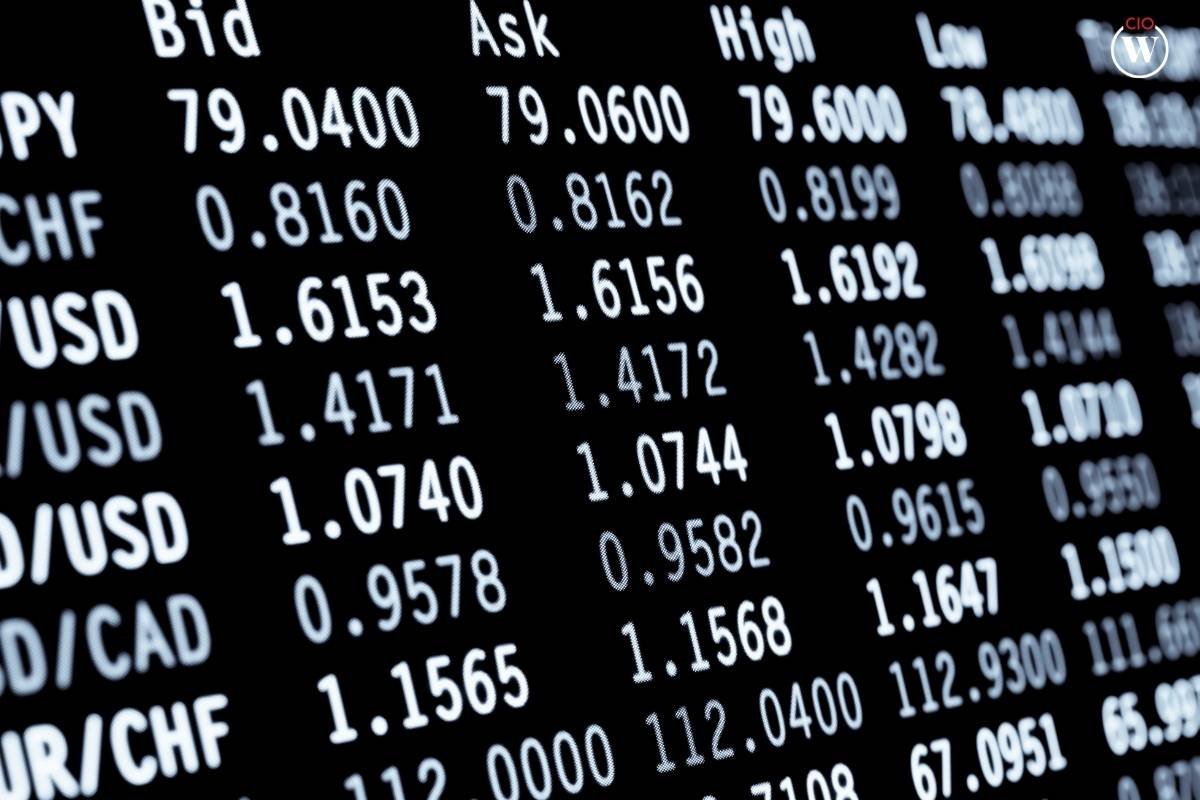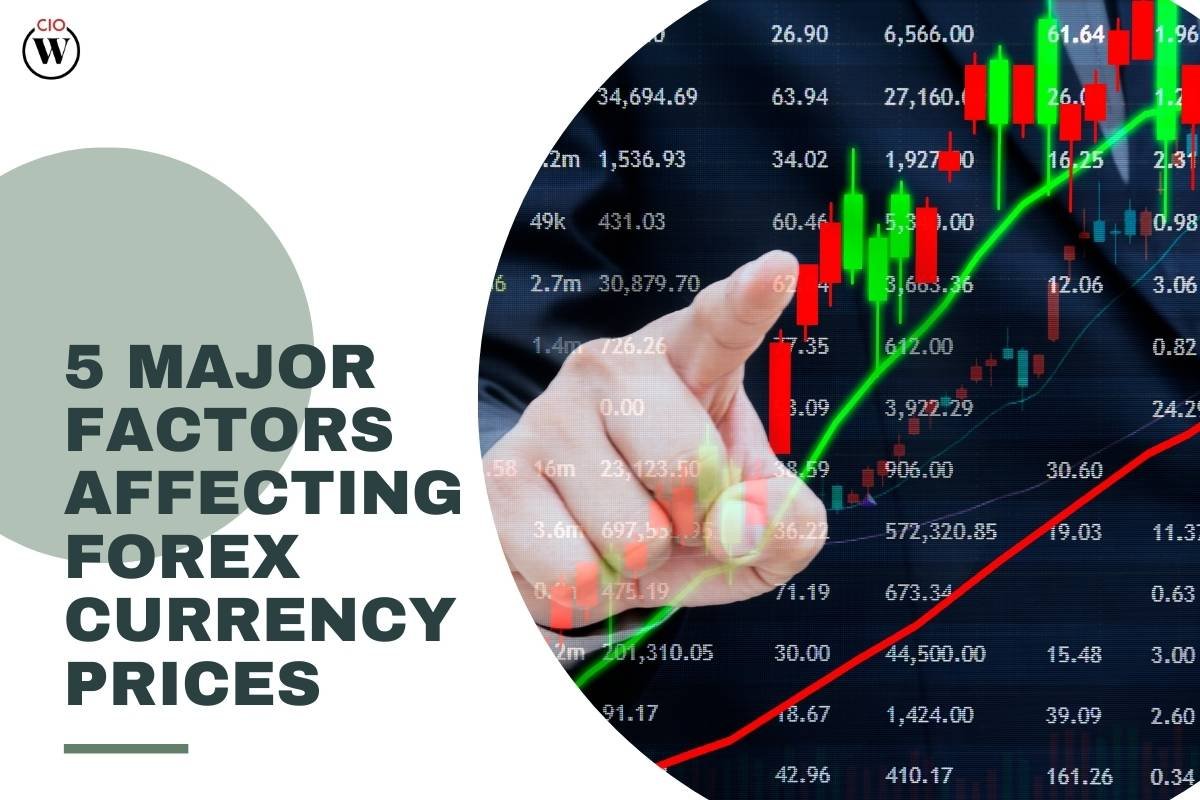The foreign currency market is vital to the global financial system. Global business and trade depend on them because they set currency values. Anyone wishing to succeed in the foreign exchange market must understand currency exchange rate variables.
In this article, we will analyze some key elements that affect the forex currency prices. Understanding these elements is important for forex traders to make informed decisions and navigate currency markets effectively.
Here are some factors affecting forex currency prices:
1. Interest rates
Interest rates play an important role in influencing forex currency prices. When a country’s interest rates rise, its currency strengthens as traders seek higher returns on investments denominated in that currency.
Conversely, lower interest rates tend to weaken a currency. Central banks’ decisions on interest rates influence trader sentiment and capital, impacting exchange rates. That’s why forex traders closely monitor interest rate changes.
2. The rate of inflation
Inflation is another important factor that impacts currency exchange rates in the foreign exchange market. A currency’s value declines due to significant inflation in a country. Conversely, a country’s currency value will rise if inflation is low.

This is because the purchasing power of the currency becomes higher than the other currencies with which it is compared. Inflation rates are regularly watched by forex traders so that they may make informed decisions regarding currency trading.
3. Political stability
Currency exchange rates are very sensitive to political stability. A country’s currency is a good indicator of its political stability and economic health. An uptick in demand and price appreciation will likely result from trader’s increased faith in these currencies.
Currency depreciation is common in nations with much political or economic unpredictability. Elections and policy shifts are political events that can significantly affect currency exchange rates. Political stability leads to economic growth and positively impacts these rates.
4. Economic indicators
The value of one currency depends on other currencies and economic indicators like GDP, employment, and trade balances.

Low unemployment and high GDP growth boost a country’s currency. Negative economic data can depreciate currencies. Currency traders watch economic data releases to predict currency value changes.
5. Government debt
Government debt levels can hugely impact forex currency prices. High government debt relative to GDP can lead to concerns about a country’s ability to repay its debts. Due to this, traders sell off their currency.
This, in turn, weakens the value of the currency in the forex market. On the other hand, low government debt levels strengthen a currency. Due to this, traders’ confidence levels will also increase. Forex traders closely monitor it to manage the risk.
Final words
Many traders avoid the currency market due to its volatility. However, with the right knowledge, it is not as challenging as it seems. All of these factors discussed in this article affect the fluctuations in currency exchange rates.
If you are looking forward to trading in currency, open a currency trading account in less than 10 minutes on Dhan. You can also use special order types on Dhan for forex trading. Start forex currency trading live on Dhan and trade currency like a pro.









